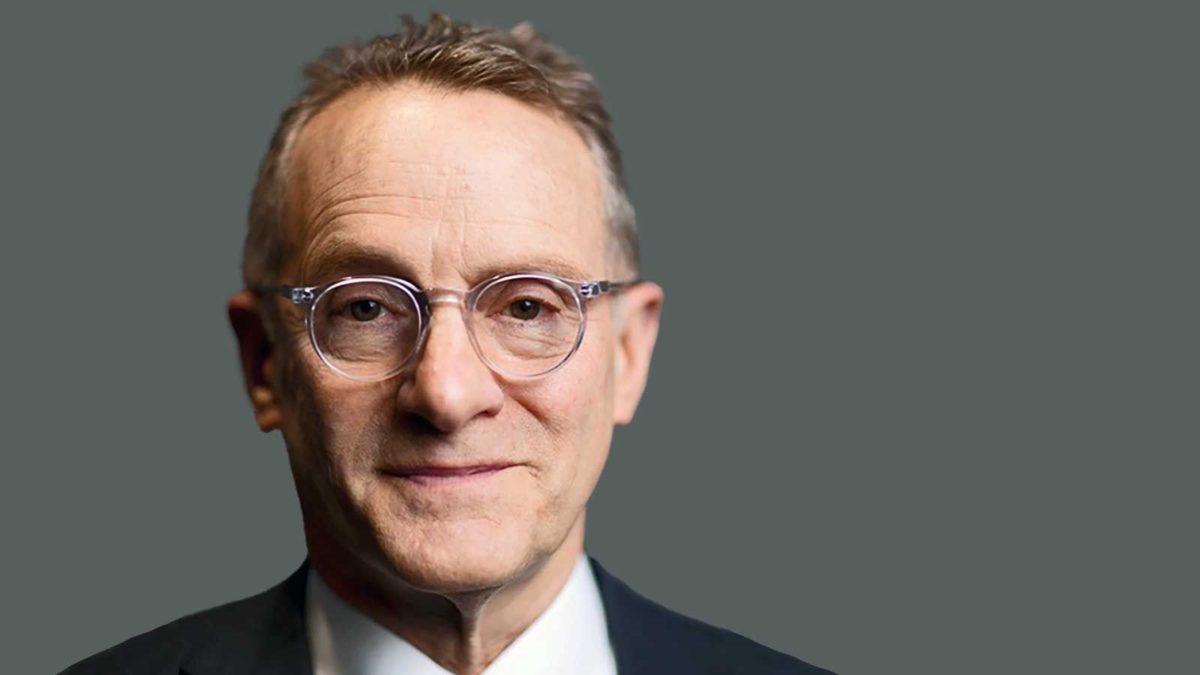Marks frets banks, real estate after SVB collapse
While Oaktree Capital founder Howard Marks doesn’t see the failures of Silicon Valley Bank and other US lenders as bringing on a credit crisis, it seems “inescapable” that financial institutions will be forced to rein in their provision of credit. That would mean a tougher time for startups, while regional and community banks are likely to experience deposit flight as cash flows to money market products and larger banks that are perceived as “safer”.
“Combine developments like these with the reality that (a) interest rates are no longer declining or near zero; (b) the Fed can’t be as accommodative as it was in the last few crises, because of today’s elevated inflation; and (c) negative developments are popping up in portfolios, and I think the case made in my previous memo, Sea Change (December 2022), has been bolstered,” Marks writes in his latest memo, Lessons from Silicon Valley Bank.
“The easy-money environment of the last few years has been blamed for – among other things – the difficulties at SVB and its peers… to paraphrase Warren Buffett, now that the tide has gone out a bit, we’ve caught a glimpse of some who were swimming naked near shore. The remaining questions are, how many more are out there, and will the tide go out far enough to expose them?”
And Marks does see the possibility of problems stemming from bank loans against commercial real estate, particularly office buildings. Interest rates are already up substantially, a likely recession bodes poorly for rental rates and occupancy, credit is going to be less available, and people are unlikely to go back into the office five days a week.
Marks estimates that commercial real estate loans represent between eight and nine per cent of the average bank’s assets, which is “significant but not overwhelming”. However, loans aren’t spread evenly among banks, with some concentrating on parts of the US where markets were “hotter” and exposing themselves to bigger percentage declines, while most banks have taken on large amounts of leverage in their commercial real estate loan books.
“Notable defaults on office building mortgages and other CRE loans are highly likely to occur. Some already have. But that doesn’t necessarily mean the banks involved will suffer losses. If loans were made at reasonable LTV ratios, there could be enough owners’ equity beneath each mortgage to absorb losses before the banks’ loans are jeopardized. Further, mortgage defaults generally don’t signal the end of the story, but rather the beginning of negotiations between lenders and landlords. In many cases, the result is likely to be extension of the loan on restructured terms.”
“No one knows whether banks will suffer losses on their commercial real estate loans, or what the magnitude will be. But we’re very likely to see mortgage defaults in the headlines, and at a minimum, this may spook lenders, throw sand into the gears of the financing and refinancing processes, and further contribute to a sense of heightened risk. Developments along these lines certainly have the potential to add to whatever additional distress materializes in the months ahead.”











